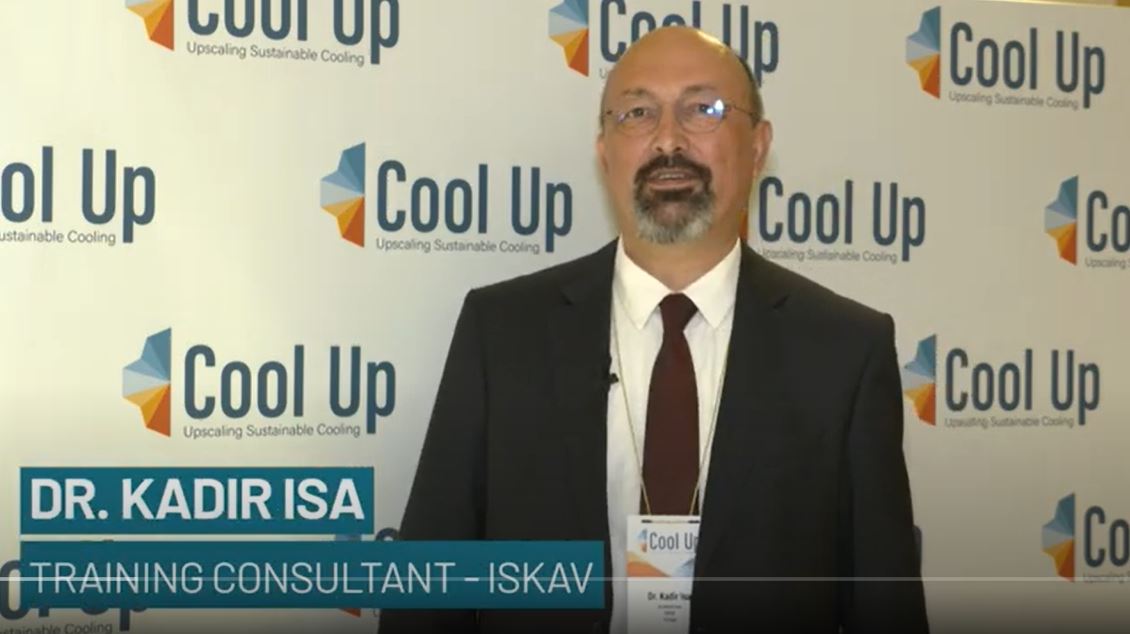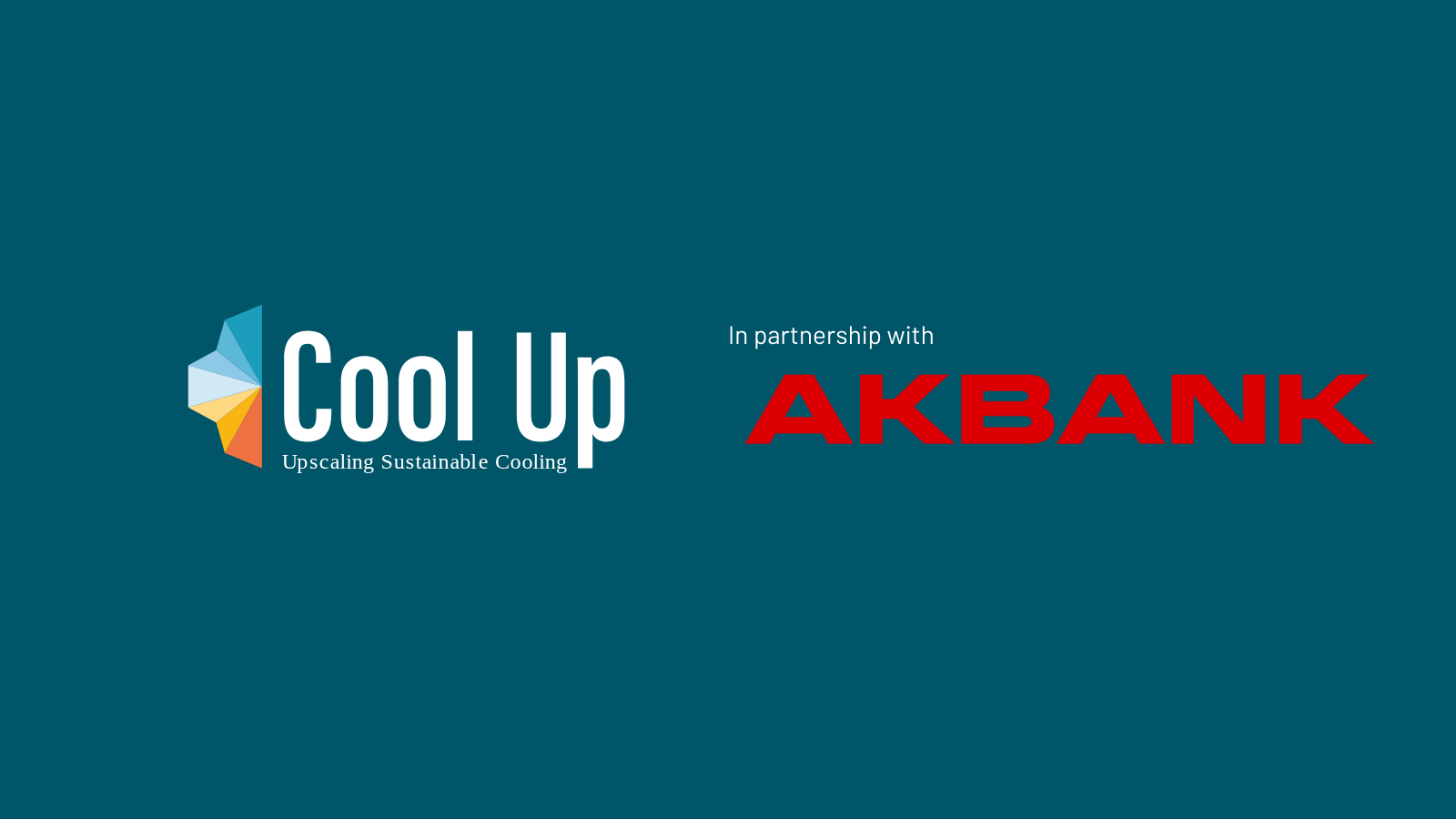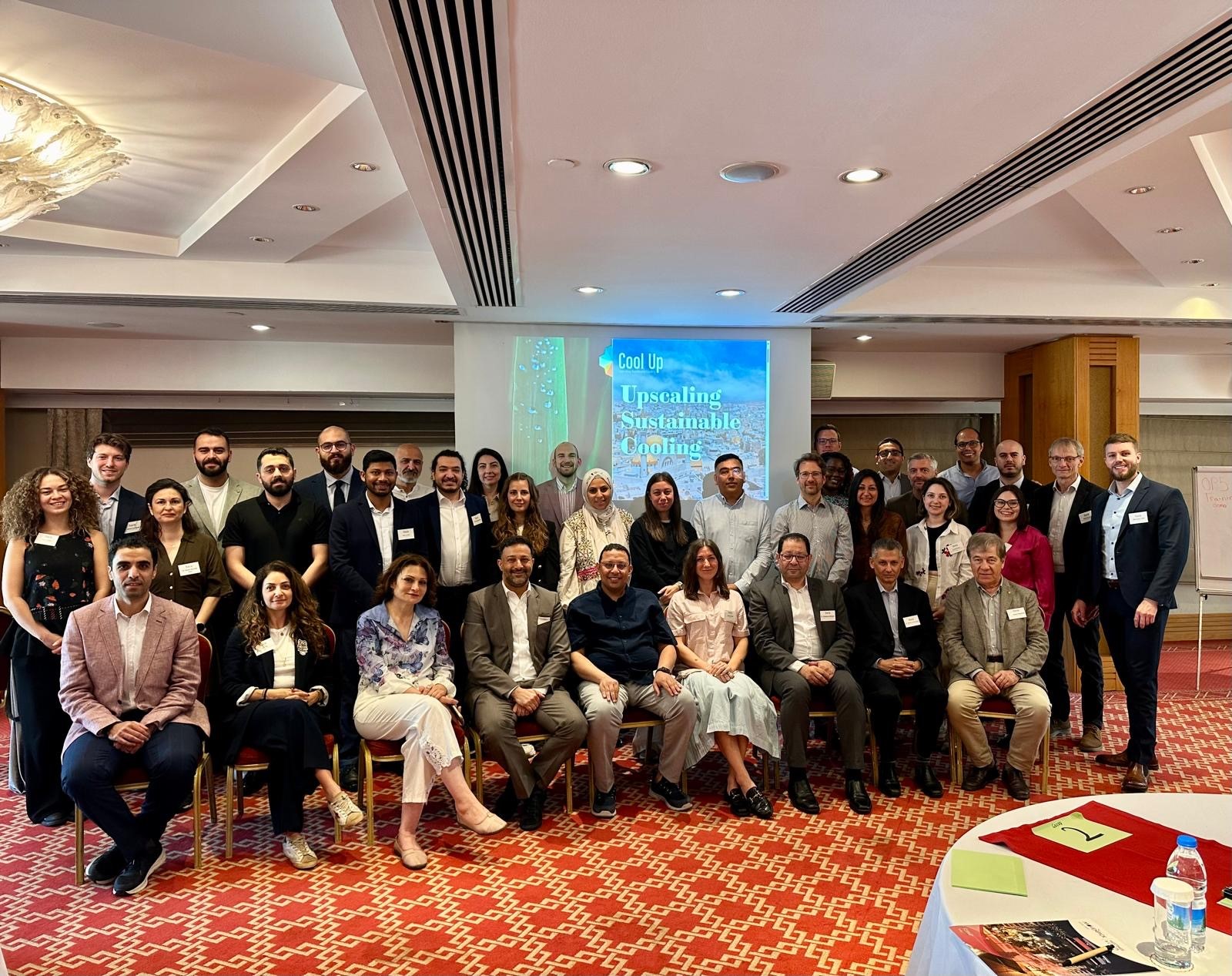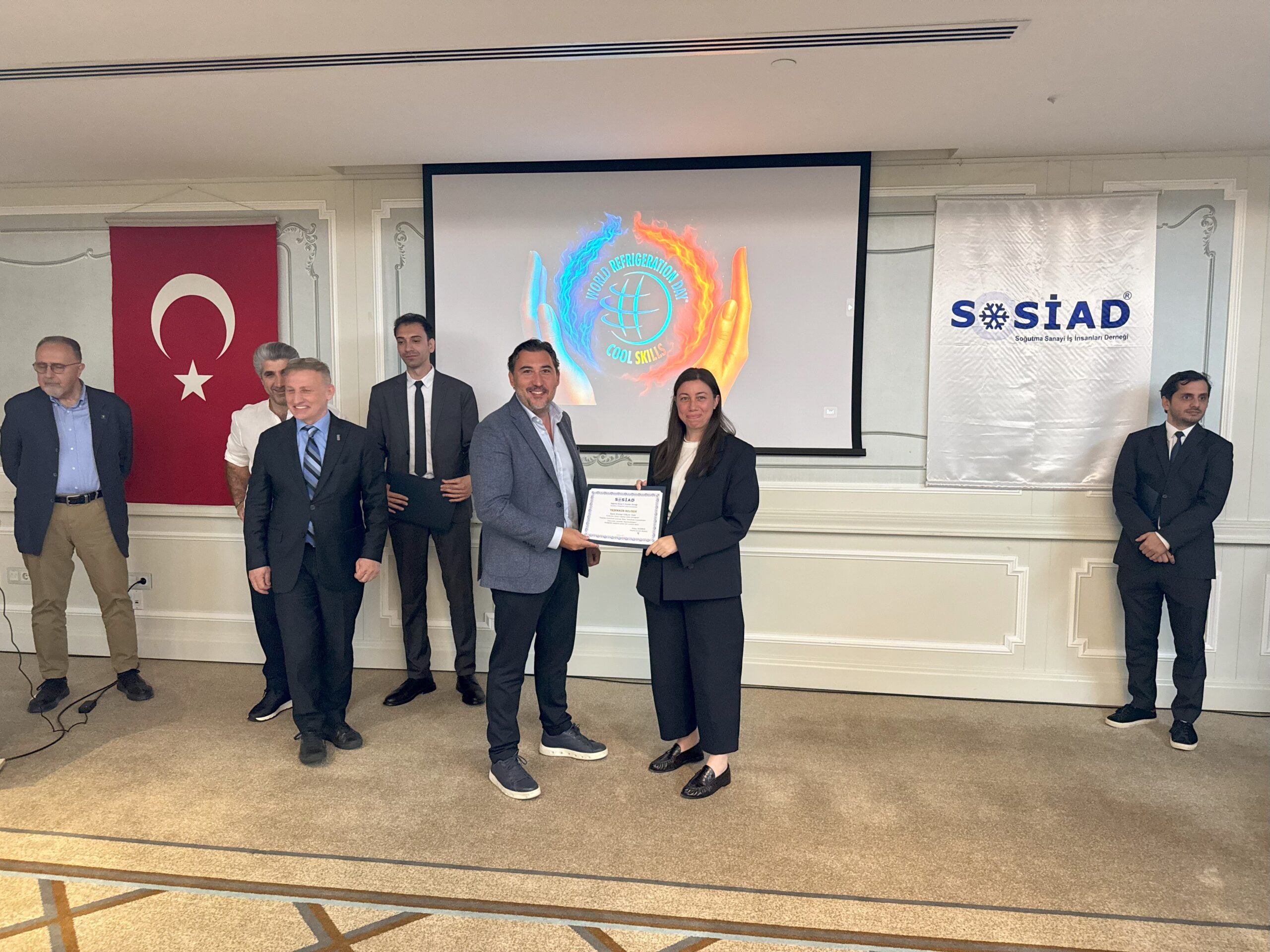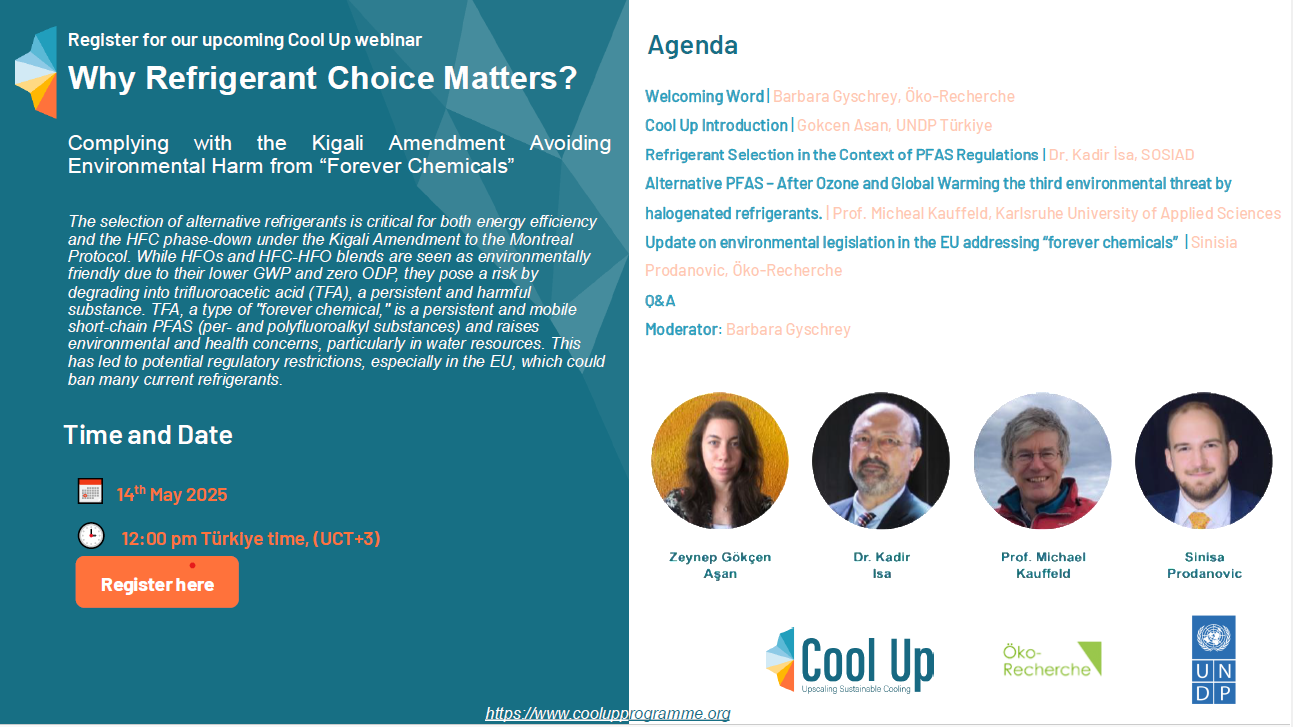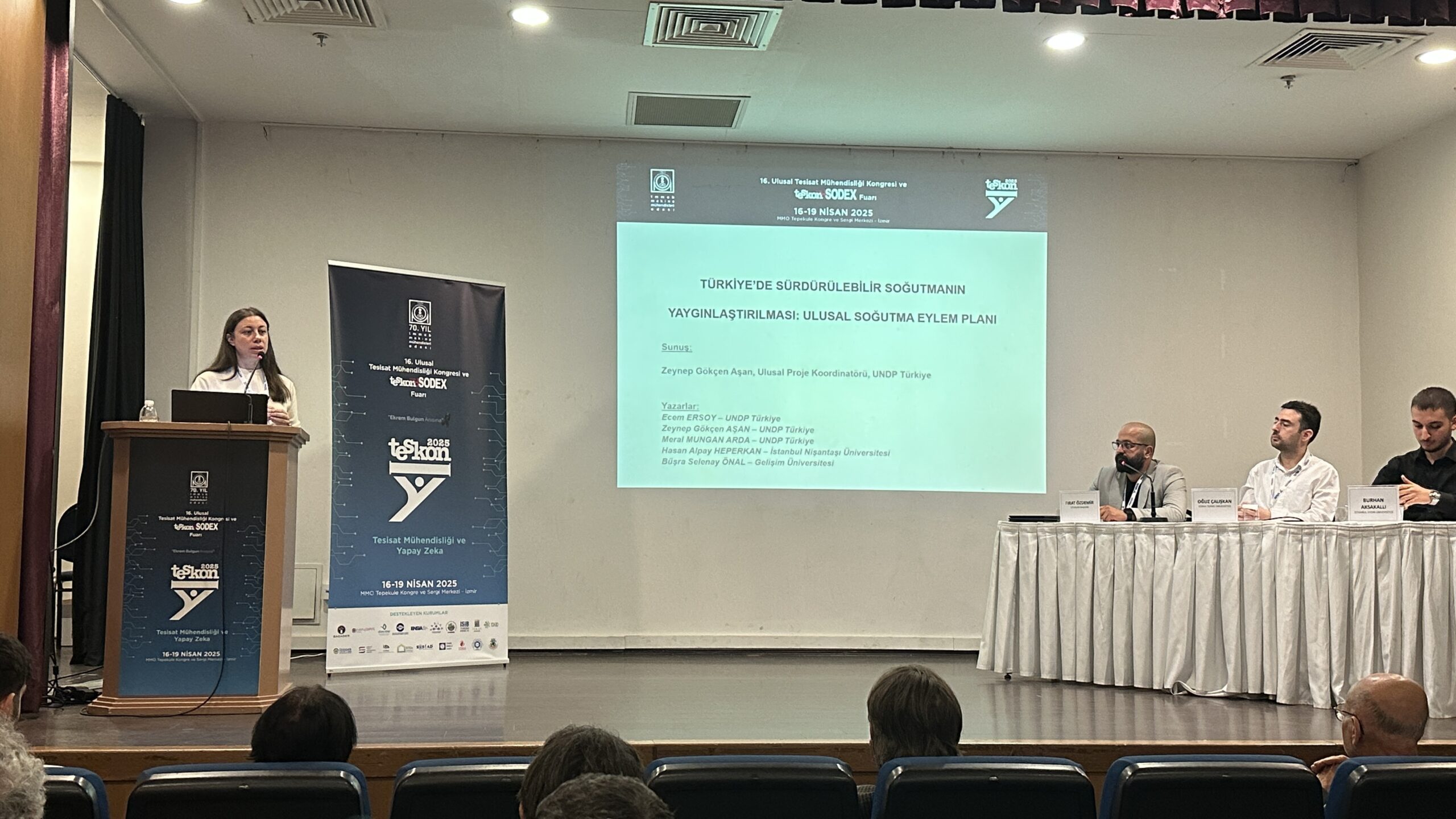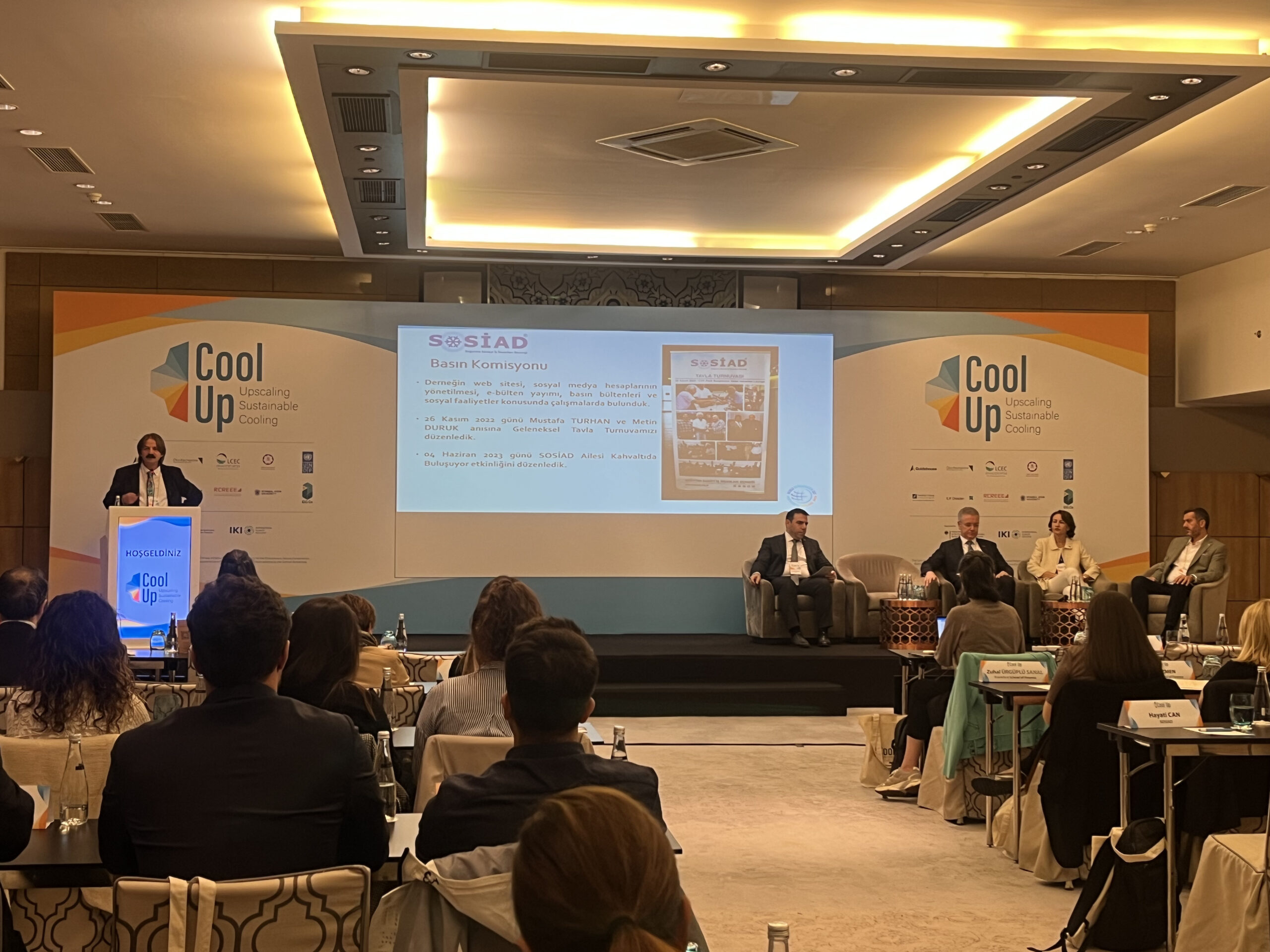Action hubs
Türkiye
Türkiye is a signatory of the Montreal Protocol and ratified the Kigali Amendment. Türkiye has had success in implementing an HCFC phase-out plan as well as strategies to reduce energy demand and increase energy efficiency. These successes indicate that there is now capacity to address HFC phase-down. Cool Up will support Türkiye in this work via, for example, building capacity and engaging with finance, industry, and policy stakeholders.
Understanding Türkiye
Türkiye has a Mediterranean climate with hot, dry summers. Türkiye’s energy consumption has steadily increased across all sectors, reaching 103 Mtoe in 2018 and contributing to net greenhouse gas emissions of 422.1 MtCO2e in 2019. In 2018, electricity demand in the residential and public and commercial sector combined accounted for 48% of Türkiye’s total electricity consumption. Türkiye’s efforts to phase-out ozone-depleting substances (ODS) emphasise why it is an important, emerging actor for the European and Middle East heating, ventilation and air conditioning (HVAC) markets.
of exported refrigeration and air conditioning appliances and equipment to countries in the MENA region in 2020
of electricity demand in 2018 attributed to the residential sector, commercial sector, and public services
of produced and consumed HFCs in Türkiye are to be reduced over the next 30 years
Türkiye’s Montreal Protocol & Kigali Amendment commitments
Türkiye is a signatory of the Montreal Protocol and ratified the Kigali Amendment on 10 November 2021. Türkiye is currently working to harmonise a recently developed by-law on fluorinated gases with European Union policy and Kigali Amendment requirements. Within these efforts Türkiye has implemented an HCFC Phase-out Management Plan to control the import, export, and use of the HCFC gases.
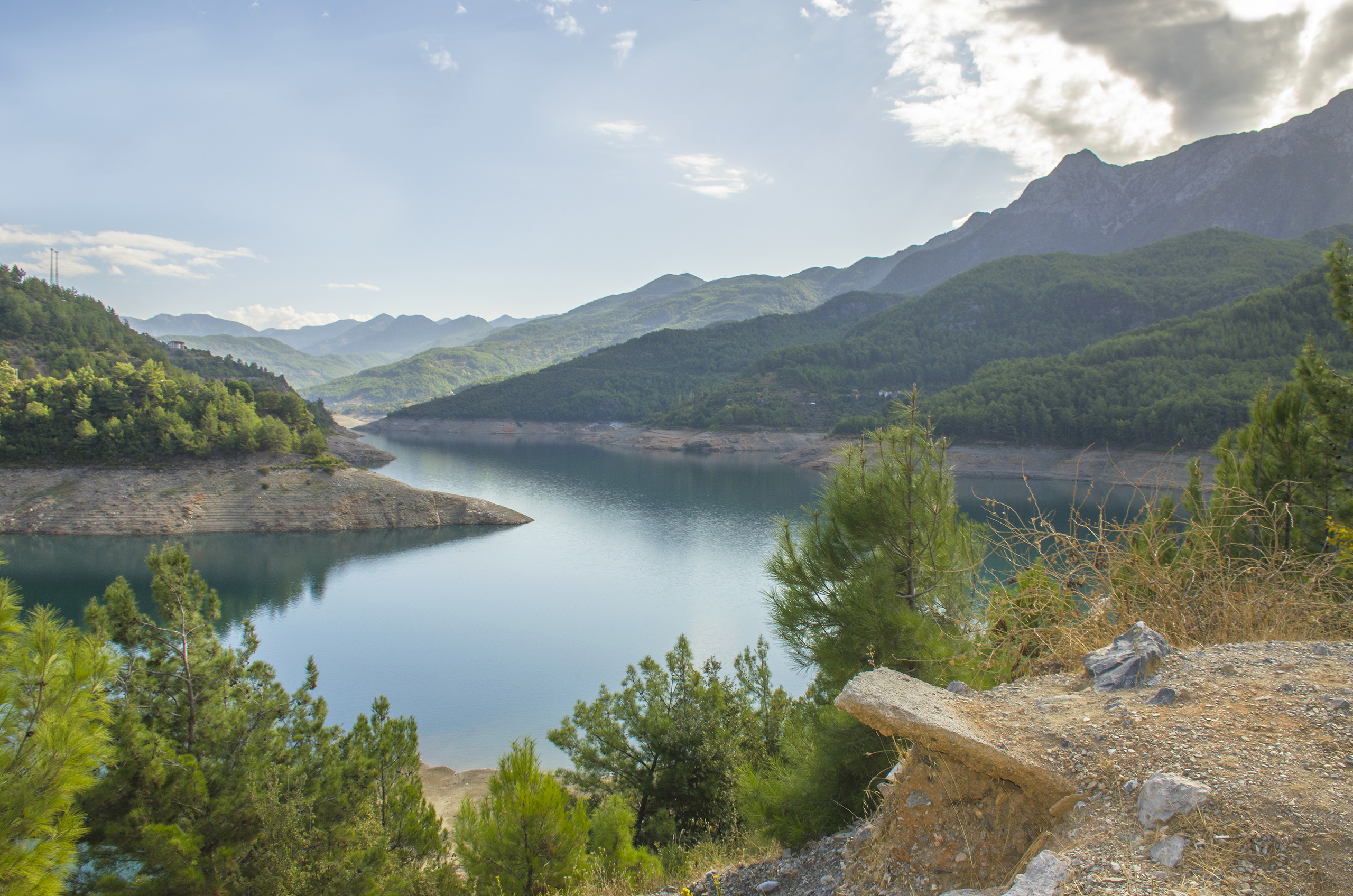
"Türkiye ratified The Kigali Amendment to the Montreal Protocol on Substances that Deplete the Ozone Layer. In this way Türkiye increases its contribution to combating climate change in line with the Montreal Protocol. With the implementation of the Cool Up Project, Türkiye once again demonstrates the importance it attaches to combating climate change".
Türkiye’s Intended Nationally Determined Contribution (INDC) specifically highlights the country’s 2018 National Energy Efficiency Action Plan and refers to cooling. Türkiye has aligned its energy efficiency regulations, standards, and labels for the building, appliances, and equipment sectors with those of the EU energy efficiency framework. Türkiye is currently drafting a Climate Law to regulate climate change under a single piece of legislation that emphasises the promotion of energy efficiency across all sectors. Türkiye has made progress reducing ODS after introducing a by-law to support the phase-out that has contributed to diminishing consumption of ODS from 13,200 to 200 ODP tonnes from 2009 to 2019 respectively. However, because of the ODS phase-out, the consumption of HFCs has increased significantly.
Türkiye has a strong local refrigeration and air conditioning manufacturing industry. Turkish manufacturers export predominantly to MENA countries and the European Union. Alternatives to refrigerants with low global warming potential are already used by Turkish manufacturers, mainly for units exported to the EU where the demand for these has been triggered by the EU F-gas regulation. Given that Türkiye is currently finalising a comparable F-gas regulation, the domestic market is well-suited for a market shift to more sustainable cooling technologies. The market for cooling technologies is also expected to grow in Türkiye as the air conditioning penetration rate (the share of households, offices, etc. with at least one AC appliance installed) is expected to increase by around 5% in the residential and the commercial sectors by 2023. One of the key challenges for the sector is the parallel commitments of phasing out HCFCs while also phasing down HFCs. This presents a challenge and an opportunity to transition the sector to more natural refrigerants.
Financing programmes provided through local and international financial institutions in Türkiye under the umbrella of energy efficiency credit lines may be useful frameworks for the cooling sector. In recent years some financial programmes have offered specific financing for buildings and heating and cooling systems. Financial institutions are familiar with lending for energy efficiency and appropriate appraisal methods but need a business case and value proposition for sustainable cooling projects to begin offering these products.

